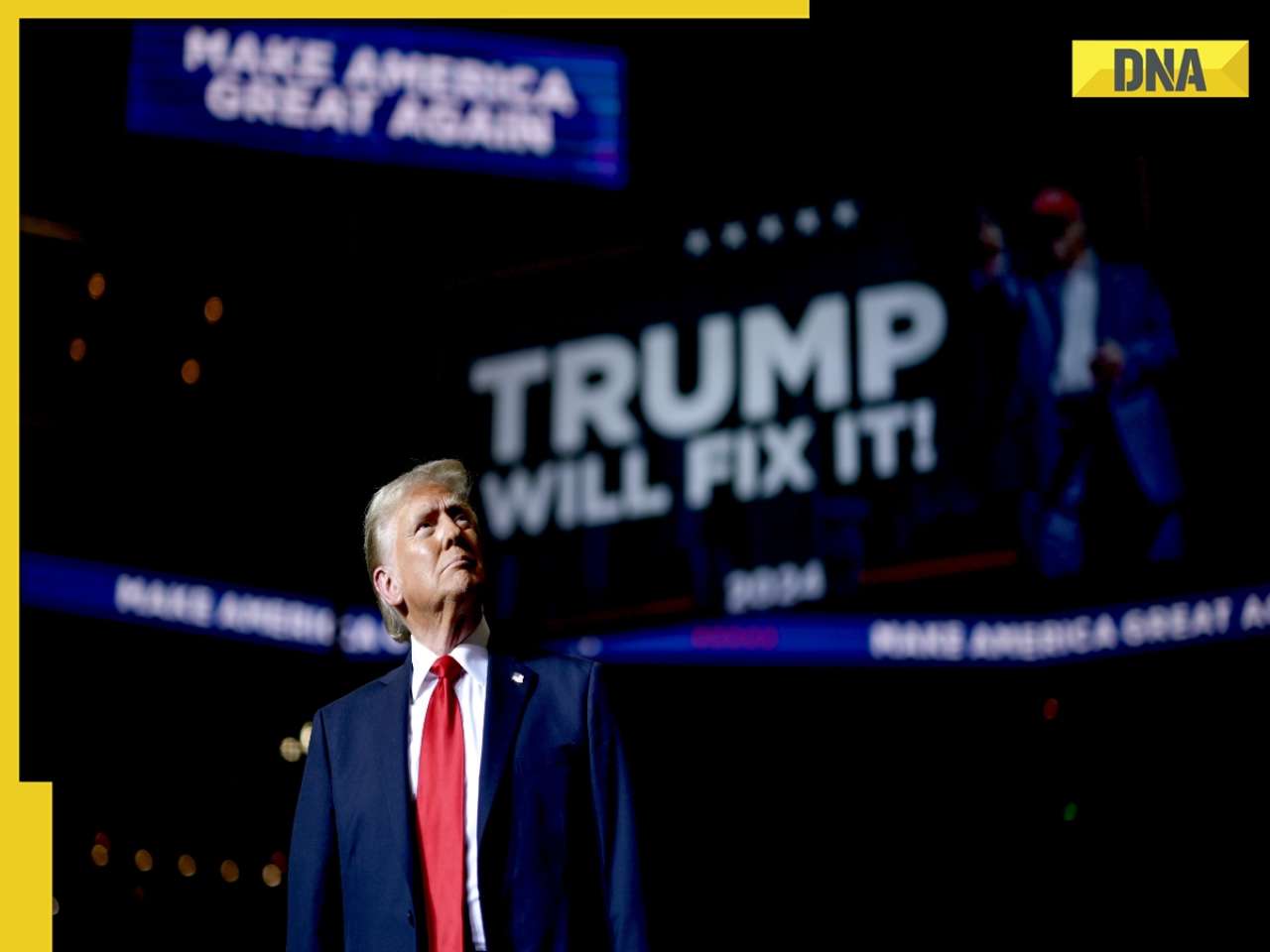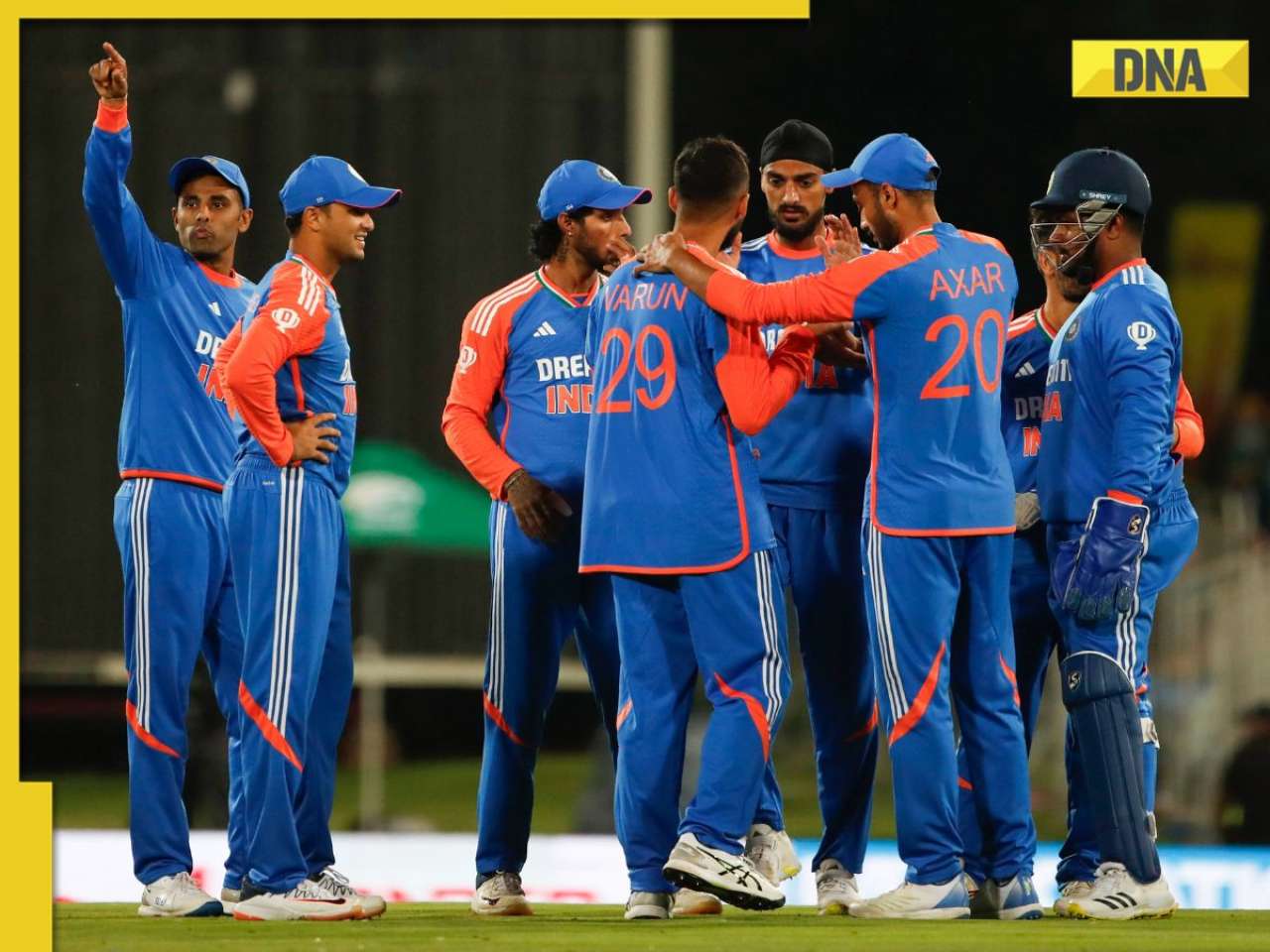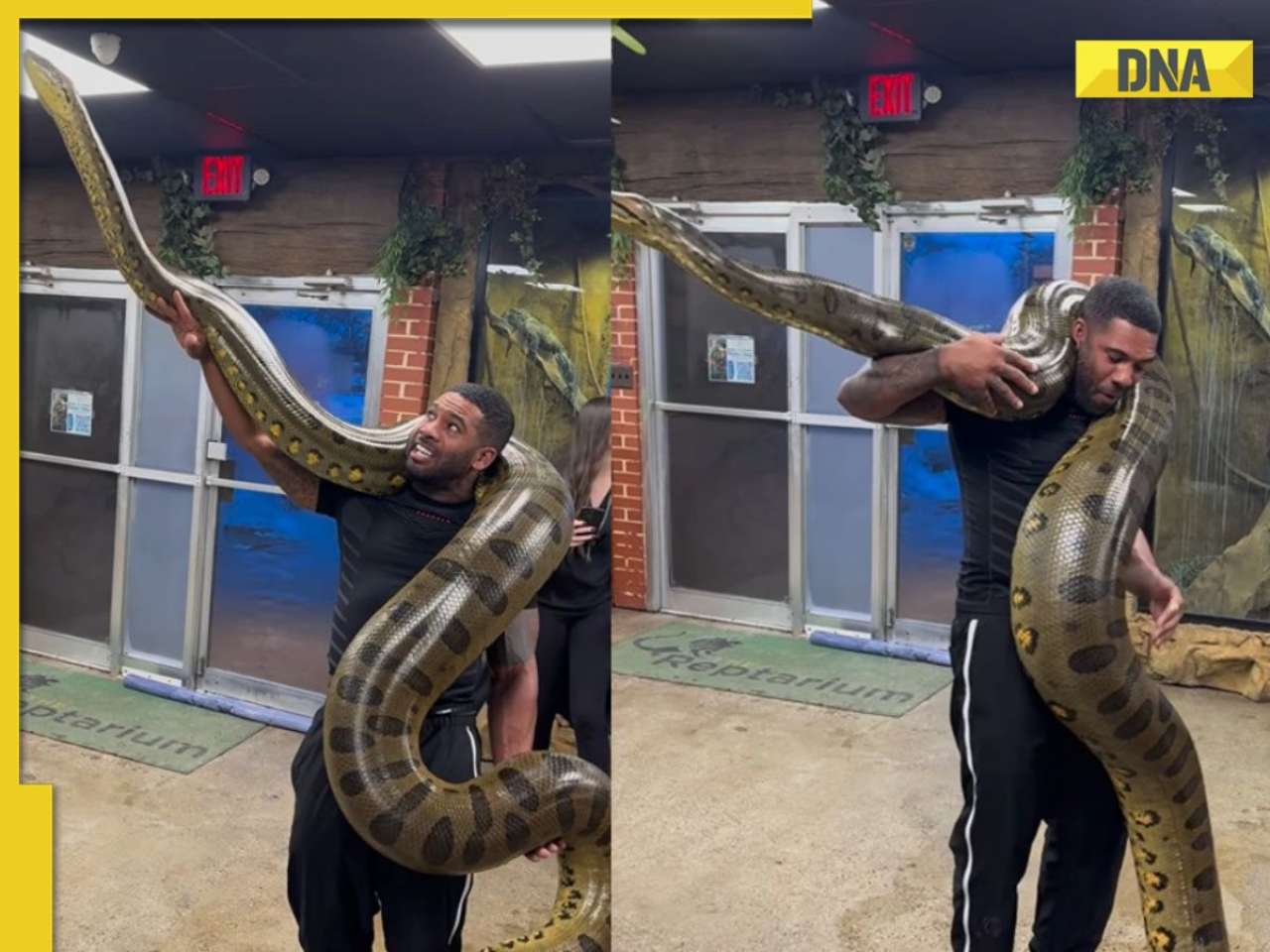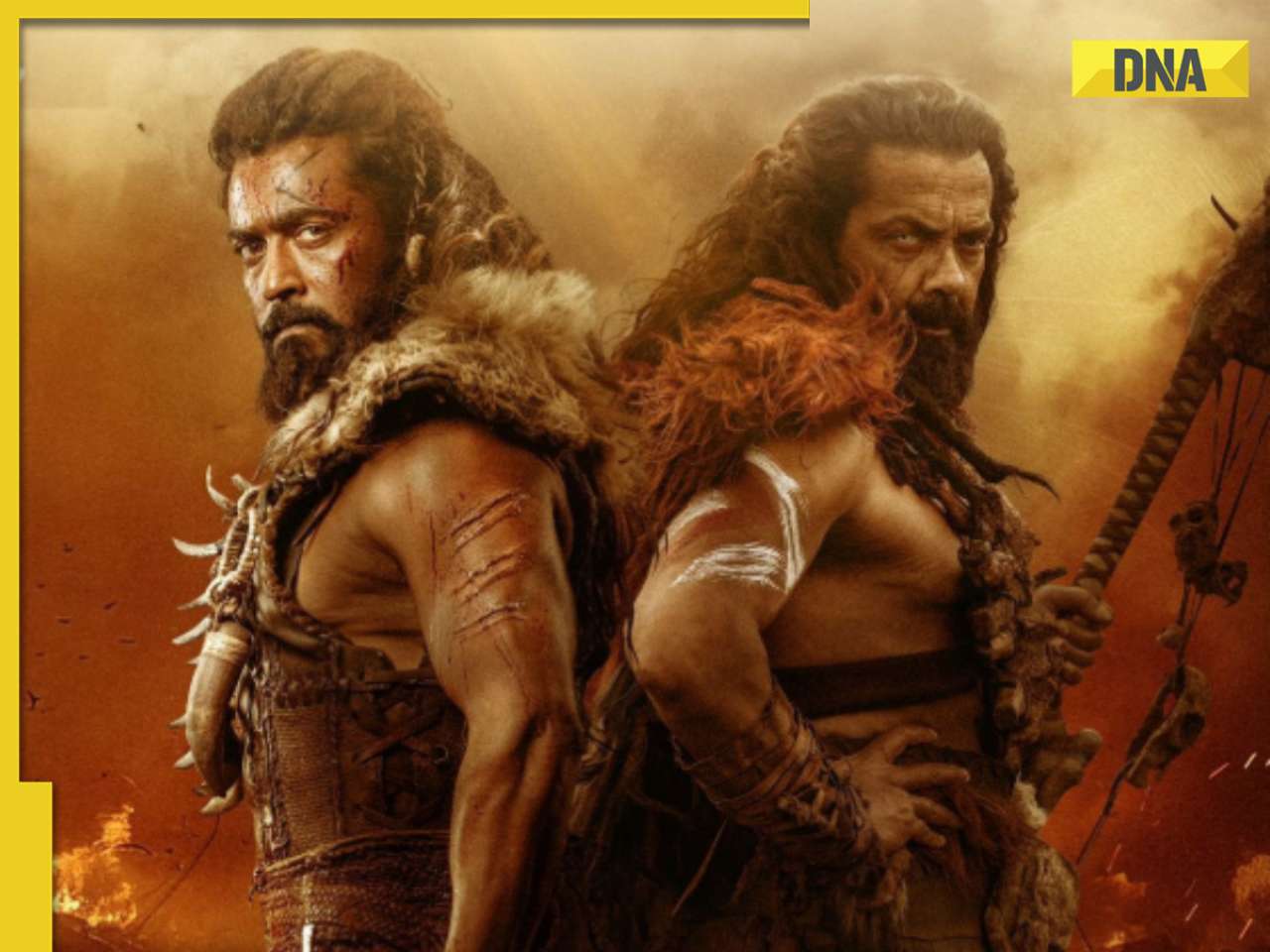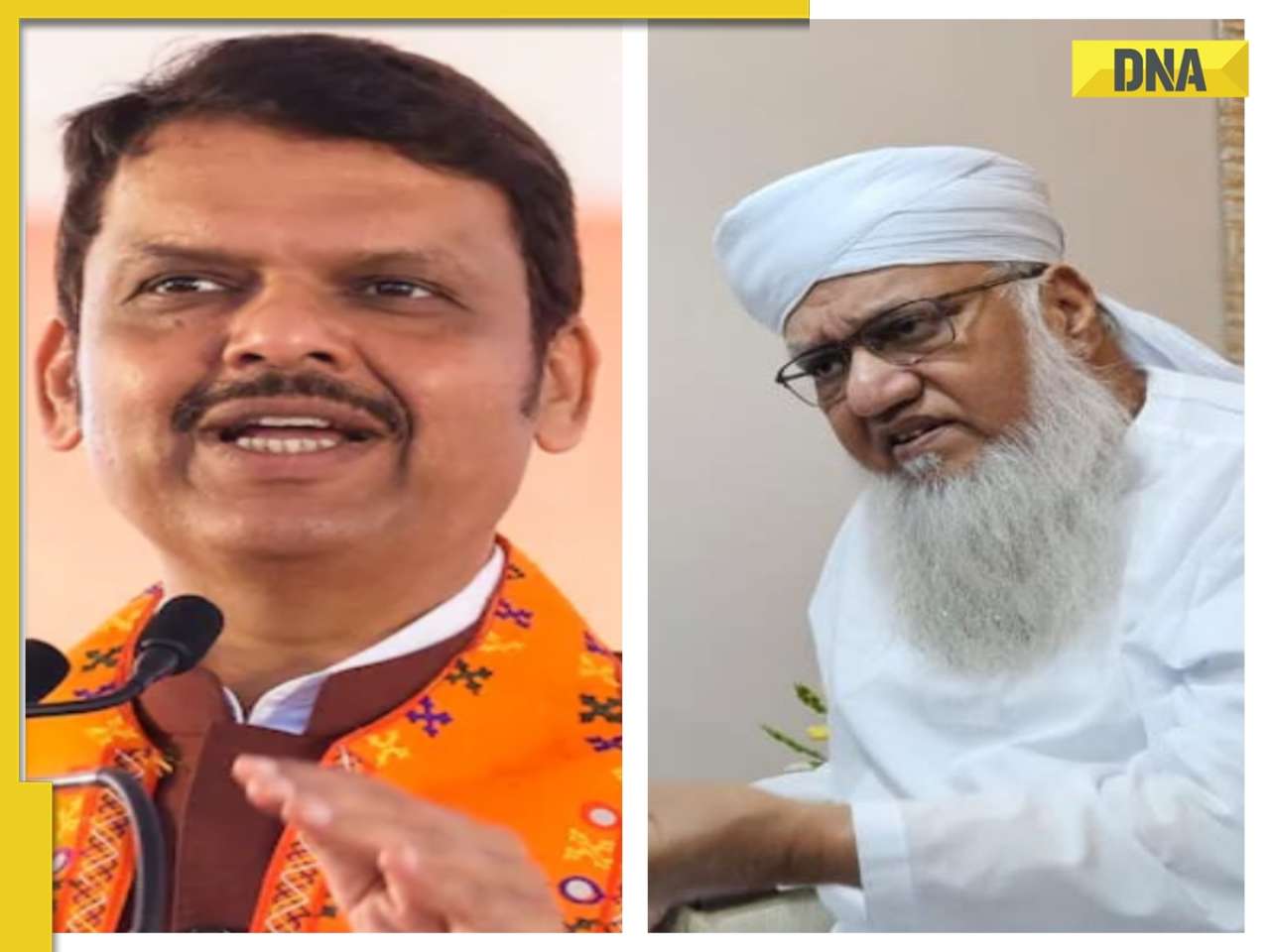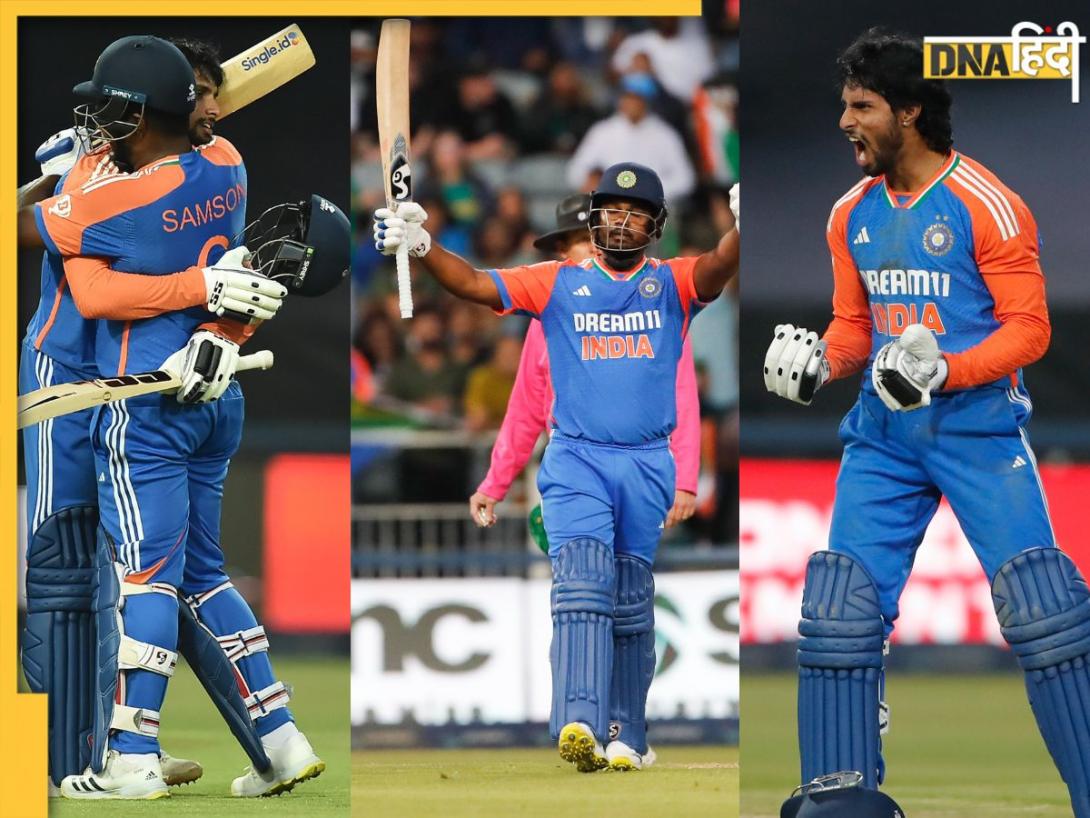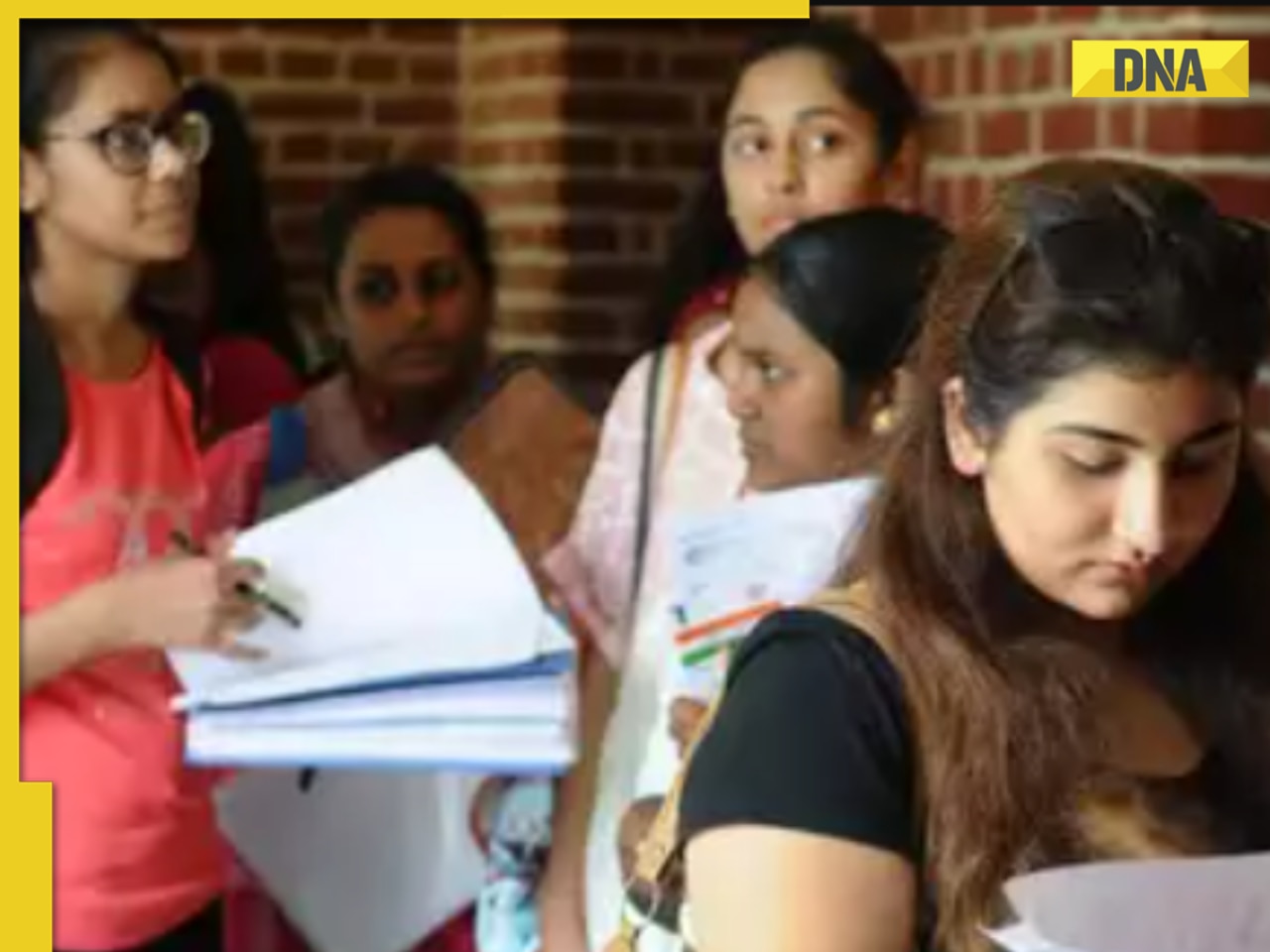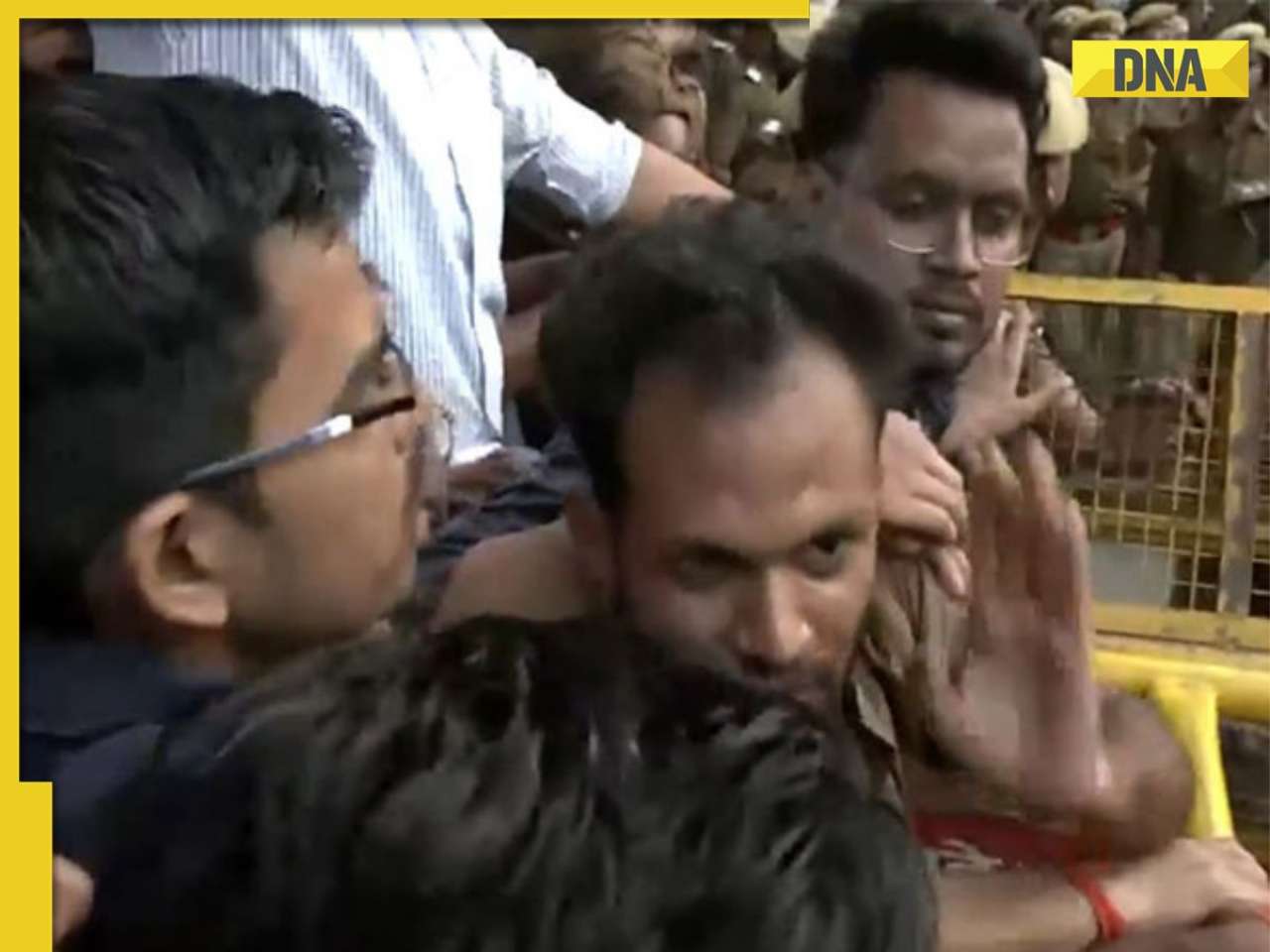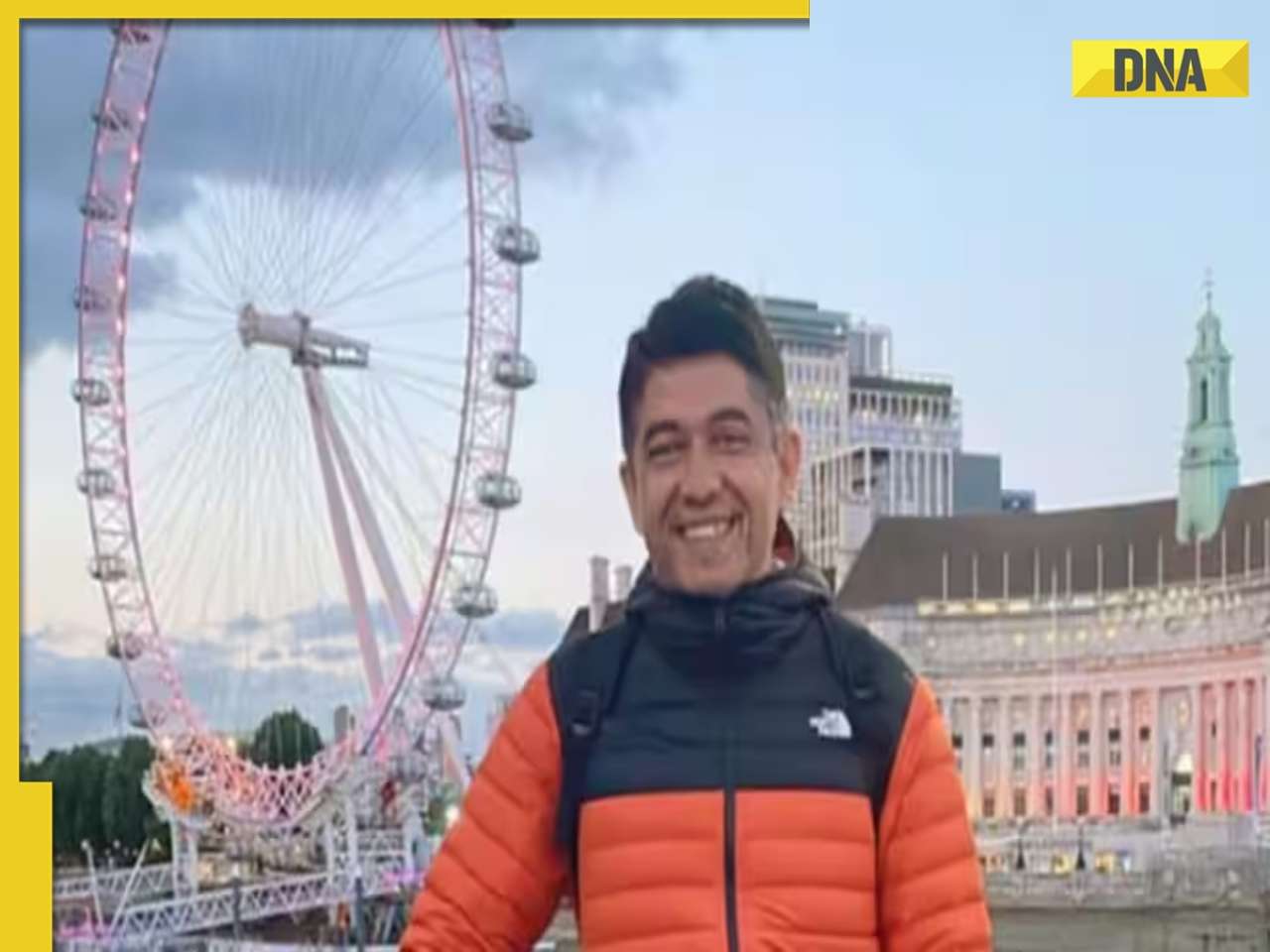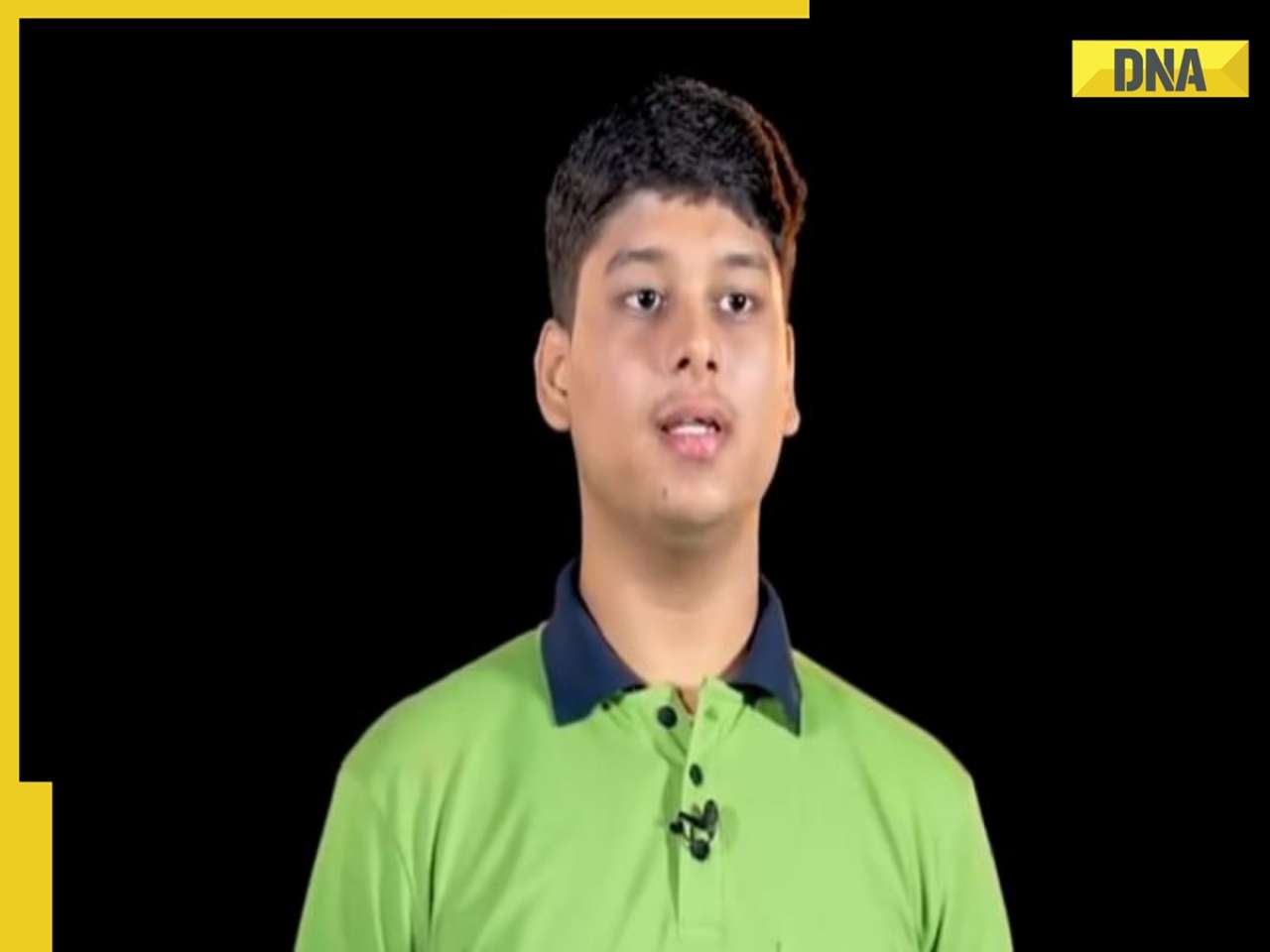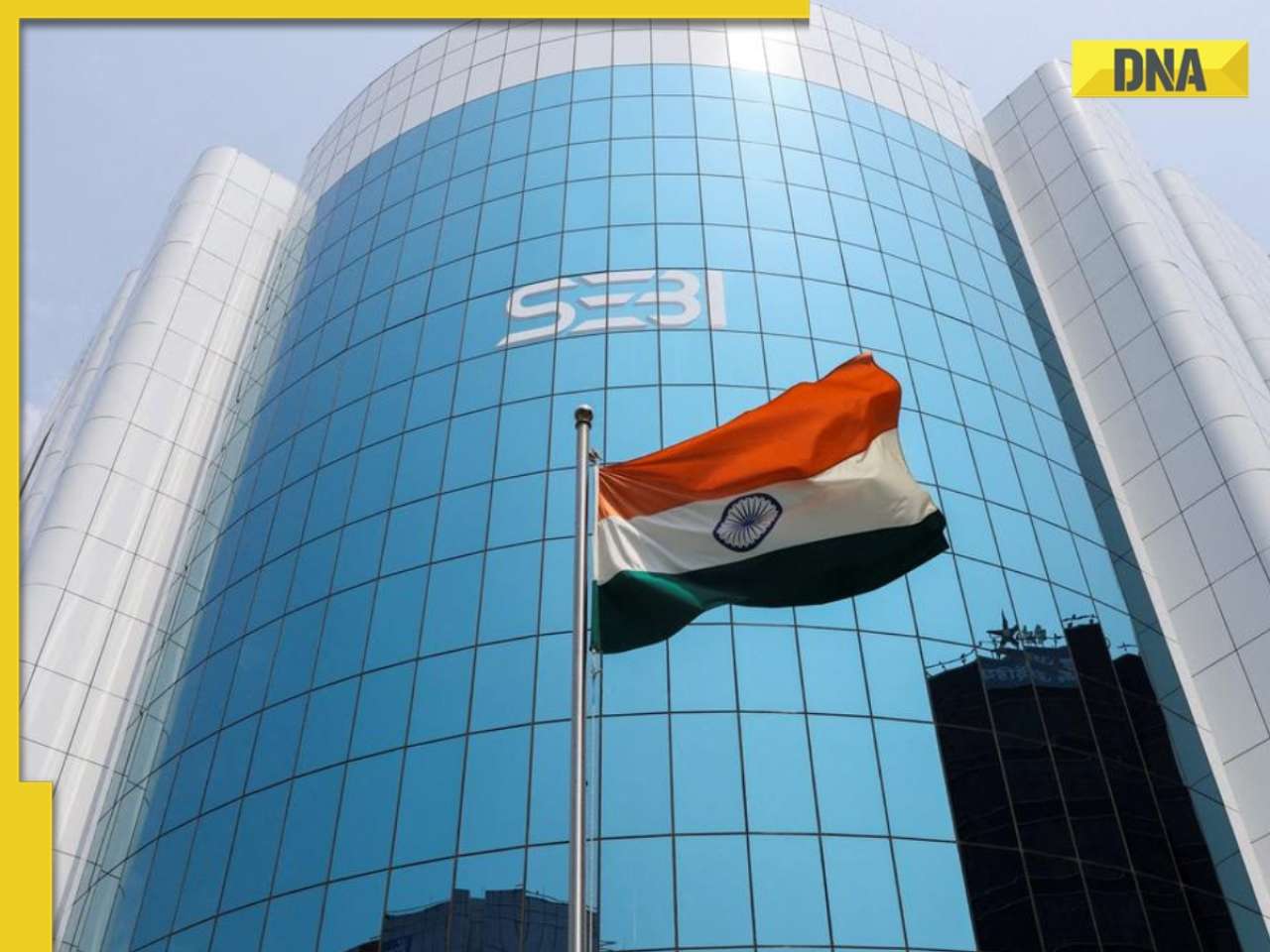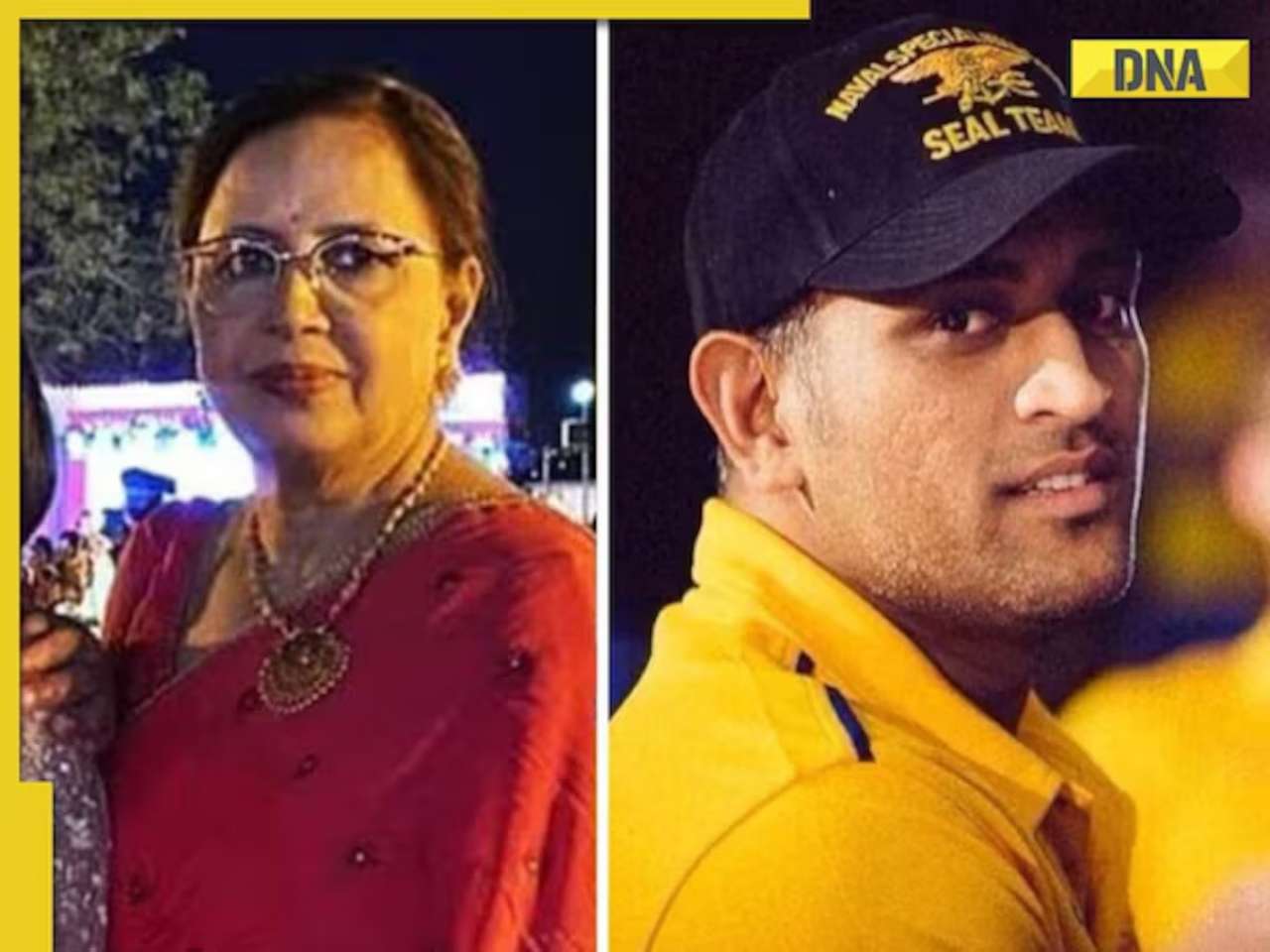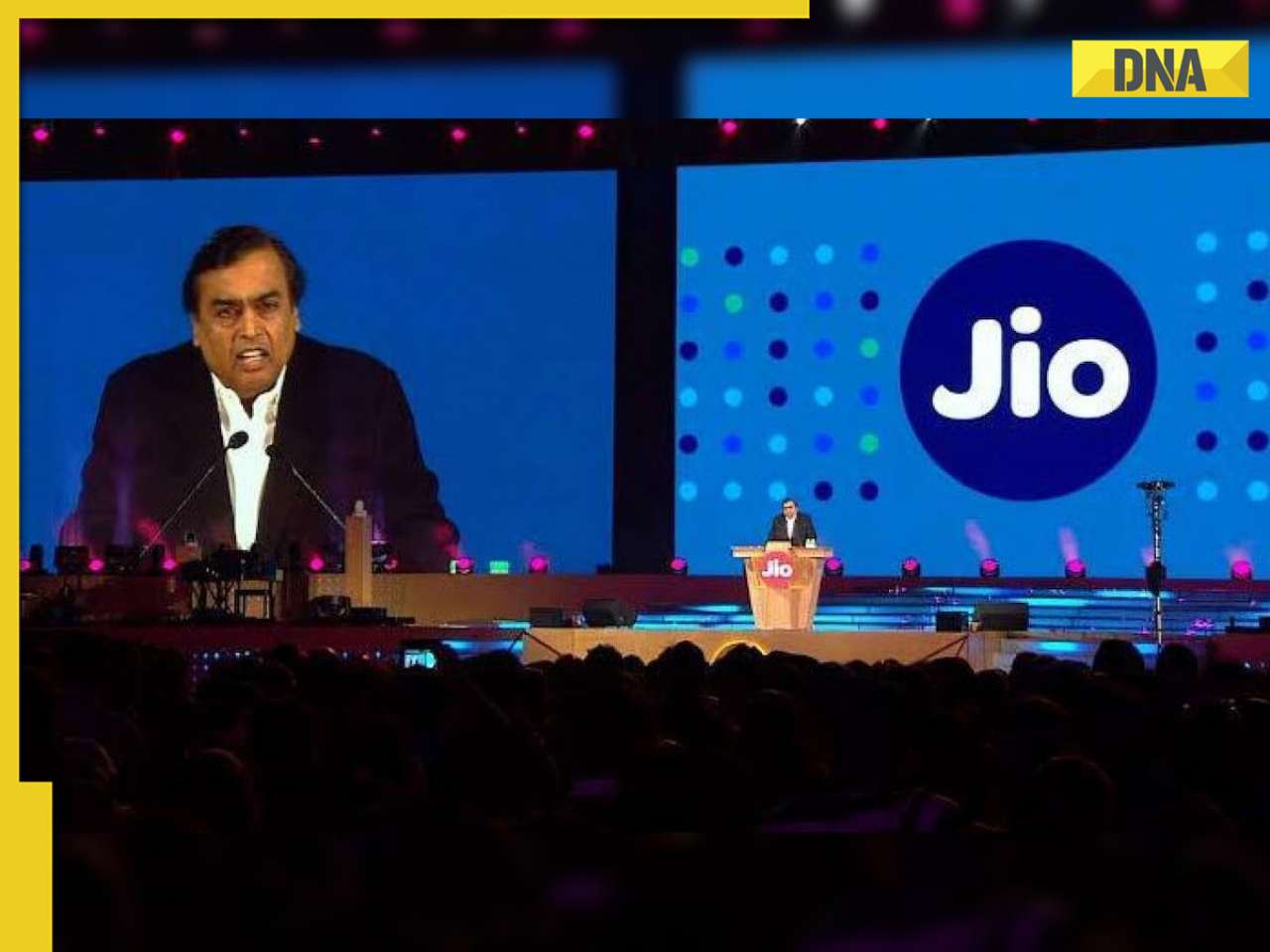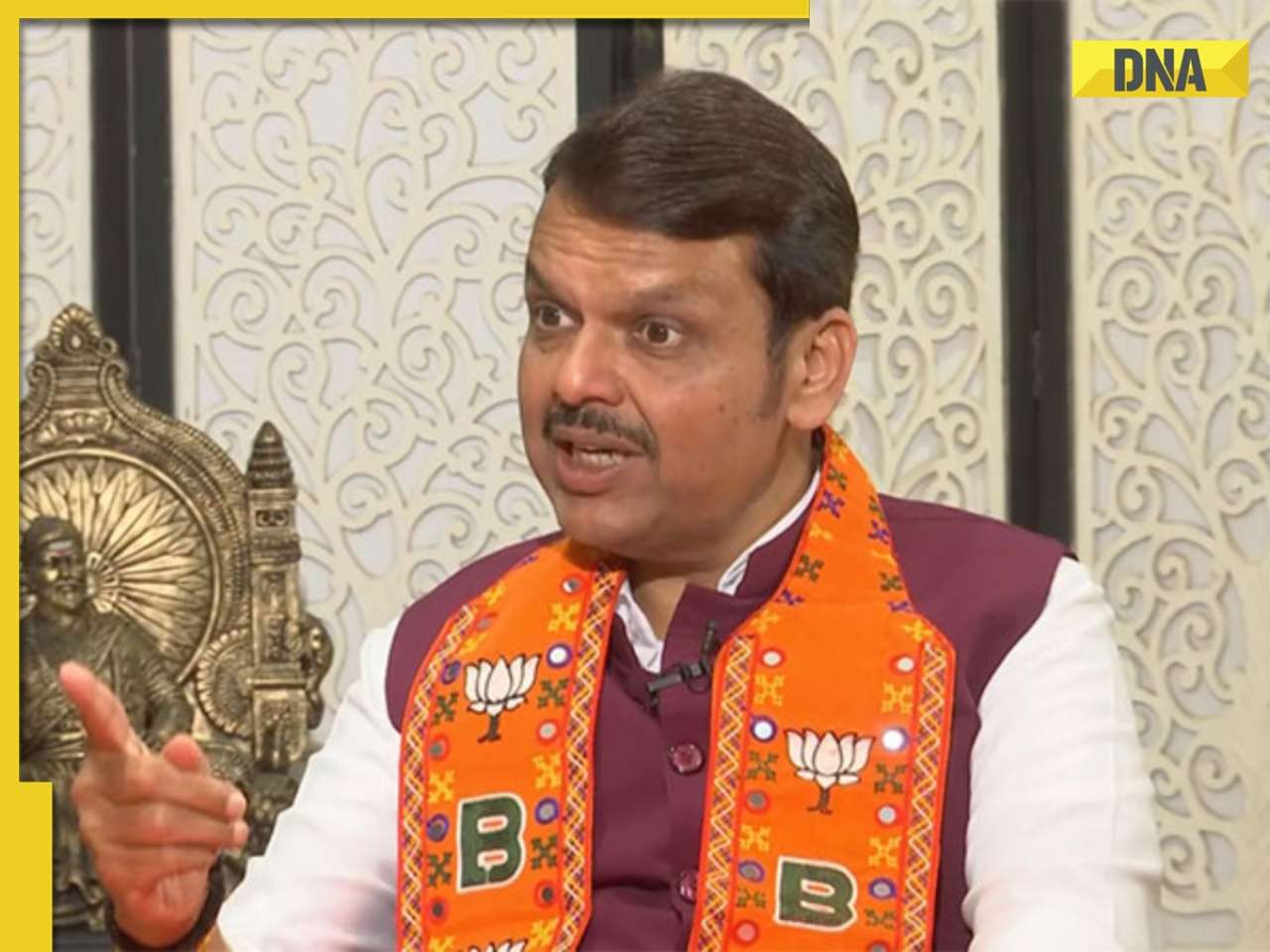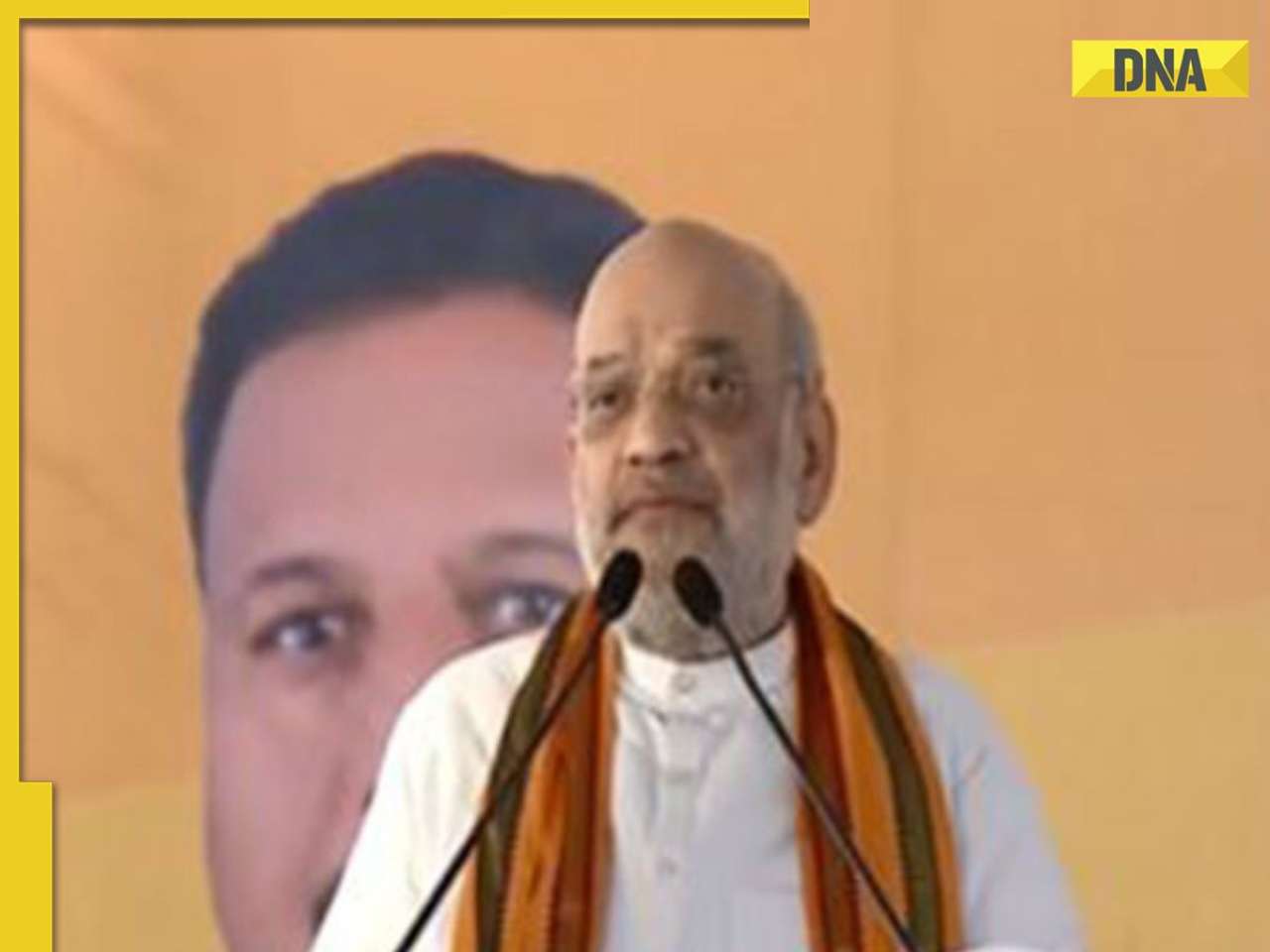- LATEST
- WEBSTORY
- TRENDING
TECHNOLOGY
How Voice AI is Redefining Technology, with expert Manoj Boopathi Raj
As Voice AI technology continues to advance, it is set to redefine the boundaries of what’s possible in human-technology interaction.
TRENDING NOW
Voice AI is swiftly evolving from a mere convenience into a fundamental aspect of our everyday interactions with technology. This advancement is revolutionizing how we manage our smart homes, interact with our vehicles, and engage with various digital platforms. The breadth of its potential applications is expansive, promising to enhance accessibility and refine user experiences in ways one can’t even imagine.
As Voice AI technology continues to advance, it is set to redefine the boundaries of what’s possible in human-technology interaction. In this transformative era, we talk to Manoj Boopathi Raj, a Senior Software Engineer at Google with a decade of expertise in voice recognition and VUI. Mr. Boopathi Raj provides valuable insights into the evolution of Voice AI, offering a detailed perspective on its historical development and its future trajectory. His expertise sheds light on the significant strides made in this field and offers a glimpse into the innovations that will shape our interactions with technology moving forward.
Manoj Boopathi Raj’s career illustrates the rapid advancement of AI and VUI. Talking about it, Manoj says, “I’ve always been intrigued by how swiftly technology adapts to our needs. AI, particularly, exemplifies this evolution. Even before large language models (LLMs) were in the spotlight, machine learning was embedded in various applications, from optimizing cell network coverage to classifying spam on YouTube. This progression towards intuitive interfaces is an exciting milestone.”
His work on Google Assistant, particularly within automotive environments, exemplifies this progress. Manoj shared, “Developing robust VUI solutions for Android Auto involved navigating a range of unique challenges inherent to the automotive environment. Vehicles are filled with various sources of noise- engine sounds, road vibrations, and in-car conversations, that can interfere with voice recognition. To address this, we focused on creating a comprehensive data collection framework to capture a wide array of real-world audio conditions. This allowed us to refine our speech models and enhance their ability to accurately interpret commands despite the surrounding distractions. Our efforts led to a remarkable 50% improvement in word error rates across six languages, showcasing the strides we’ve made in making voice interactions more reliable and intuitive.” The Android Automotive OS, now installed in over 200 million cars globally goes to show how VUI has become essential in everyday technology.
As to how does he view the evolution of voice-user interfaces from early systems like Dragon NaturallySpeaking to today’s advanced platforms like Google Assistant and GPT-4o, Manoj shares, "Voice-user interfaces have come a long way since the early days of dictation software like Dragon NaturallySpeaking. While those early systems were clunky and required slow, deliberate speech, the introduction of Apple’s Siri and Google Assistant marked a significant leap forward. Today, systems like Google Assistant handle complex tasks with remarkable accuracy. The recent excitement around OpenAI’s GPT-4o reminds us of the compelling nature of interacting with technology through natural voice communication, just goes to show the profound evolution in VUI technology."
As manufacturers increasingly adopt VUI, its impact on consumers is becoming more pronounced. Mr. Boopathi Raj foresees VUI playing a crucial role in building trust in emerging technologies like autonomous vehicles. “For consumers to trust AI systems, they need to be confident that these systems can understand and respond accurately. VUI offers a natural and intuitive interface that can help bridge this gap and enhance accessibility,” Manoj added.
Looking ahead, the potential applications of VUI extend beyond driving and smart homes. In healthcare, VUI could simplify patient interactions with medical systems, while in education, it could provide personalized, voice-driven learning experiences.
Mr. Boopathi Raj emphasizes, “The key challenge is making VUI technology reliable and human-centric. People want to be heard and understood by their technology. For voice-user interfaces to be truly effective, they must not only function accurately but also resonate with users on a personal level. This means designing systems that are not just technically accurate but also capable of understanding and responding to the nuances of human communication. Achieving this requires addressing not just the technical aspects of voice recognition but also ensuring that the technology adapts to individual user preferences and contexts. The ultimate goal is to build trust and make interactions with technology as natural and intuitive as conversing with another person.”
As VUI technology advances, its potential to revolutionize our interactions with technology is immense. Manoj Boopathi Raj’s work at Google represents a significant leap forward in this field, paving the way for a future where technology becomes increasingly intuitive, accessible, and seamlessly woven into the fabric of our daily lives.







)
)
)
)
)
)
)
)
)
)
)
)
)
)
)
)





